The Waste Paradox
India generates an average of 1,36, 000 tonnes of solid waste per day, out of which 1, 11,000 is collected by the appointed bodies – which equates to 87% of the waste generated in a day.
The graph presented below compares the percentage change in solid waste generated to the percentage change in waste collected over the last seven years – where the slope of the curve highlights the rate at which the change took place. While both the curves follow a similar trend, the rate at which each curve travels are different.
Between 2015-2016, the percentage change in solid waste collected was upward sloping indicating an efficient technique of waste collection. Sadly, this efficiency didn’t last long. From 2018 onwards, India’s generation of economic waste started declining (owing to its diminishing economic activity) however, the rate of decline in collection was waste was higher than the rate at which solid waste generation was declining. As a result, more and more of waste was left unattended with the decrease in percentage change in solid waste collected.
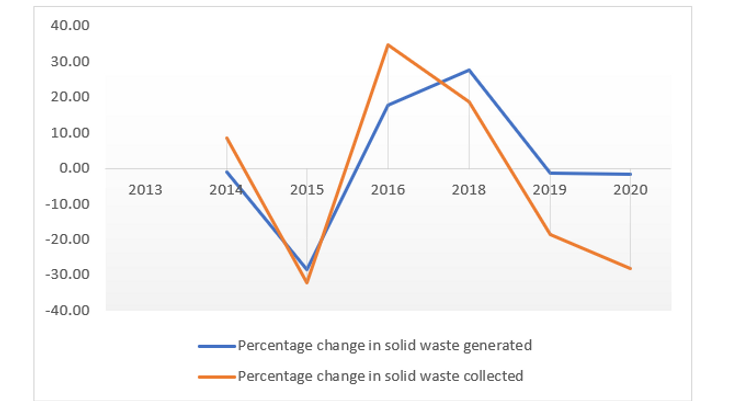
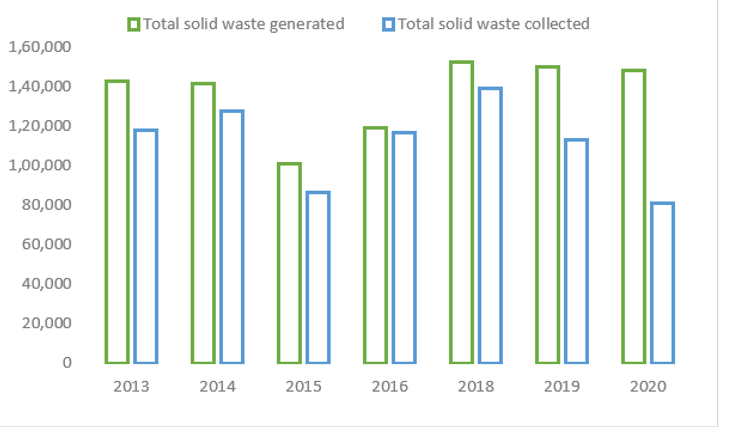
The bar chart presented on the right underscores the same concern as it highlights the fall in the percentage of waste collected from the year 2018. In the year2018, 97% of waste was collected which decreased to 91% in 2019 and then found itself to be at its lowest in the year 2020. In 2020, 147613 metric tonnes of waste were generated in a day out of which only 75% percent of the waste was collected, while all the developed countries have a waste collection efficiency of 100%. This stands a concern for the country and calls for a systematic change towards a sustainable form of efficient waste collection.
WASTE COLLECTION USING INTERNET OF THINGS
Internet of things represents the network of physical objects – that are attached technologies such as sensors, software etc to connect and exchange data with other devices and systems over the internet. Municipalities can adopt it to better manage waste as it optimises automated processes and holds the potential of making waste management cost effective and efficient.
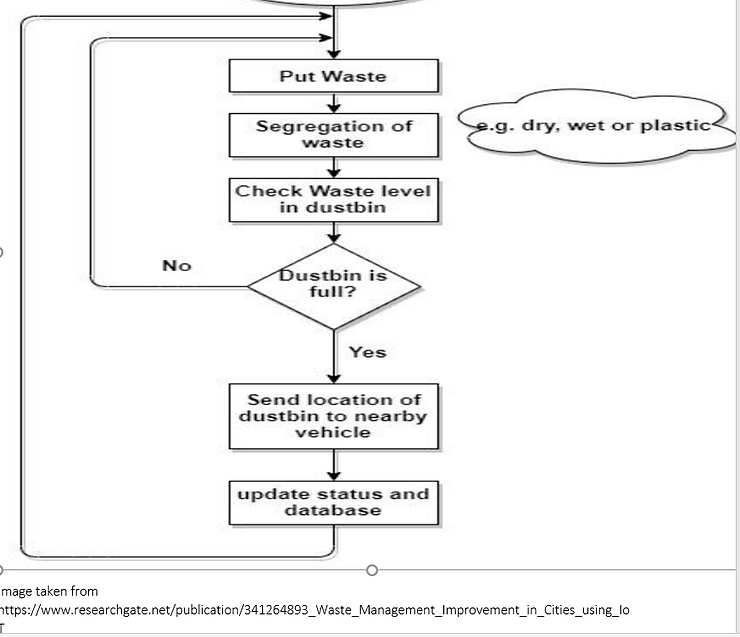
Route planning and optimization:
Sensors are attached to the waste bins which can provide real time data on the fill level of the waste. These smart sensors use ultrasound technology to measure the fill levels of the bin and immediately signals the authorities. Using this data, the waste collectors can prioritise on their routes which would reduce fuel cost and manpower cost, translating into an efficient system of waste collection.
Minimization of overflow of waste:
Whenever the waste has reached a certain level, the sensor alerts the authorities, enabling the collectors to plan their routes. This way the collectors don’t need to waste time and fuel of reaching sites with empty bins. As a result, it reduces the overall environmental degradation while creating sustainable and efficient system of collection of waste.
Aids categorization of waste:
The system employs various sensors that sense the type of waste and separates the waste in different categories. Metal detectors are used for detection of metallic waste, similarly dry waste is segregated separately. This manifests into a higher quantity of waste available for recycling and reduces the need for manual labour.
Overall, internet of things can improve the quality of life of everyone by connecting devices, vehicles and infrastructure all around the city. It reads, collects and transmits huge volumes of data over the internet which can facilitate route optimisation, minimization of overflow of waste and efficient recycling just by taking advantage of the miracles of technology.
SUCCESS OF CITIES THAT HAVE SUBSCRIBED TO IoT
Nagpur being India’s 13th most populous city houses a population of 2,940,487 with a population density of 30,000 people per square mile. With such high population, the waste generated in the city is quite high and required a robust waste collection system. When existing deployment plans were analysed, it was found that the city was capable of collecting twice the amount of waste it was currently collecting. In order to overcome the operational inefficiencies, it was experiencing, the city subscribed to smart waste management.
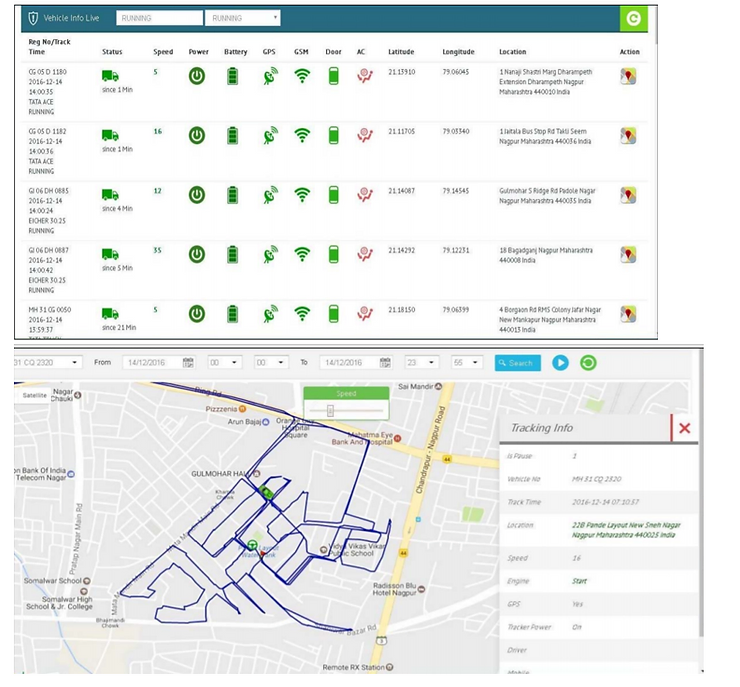
Currently, the city uses real-time information to monitor waste collection around the city. In 2017, Nagpur government geo-tagged every street sweeper and waste collection fleets. Along with that, it also embedded location tracking devices and cameras on garbage trucks that provides the authorities with real-time information and sends a picture of the bin collection to the authorities from time to time. Further, it equipped all its sanitation workers with GPS-enabled watches to track their movement.
Moreover, Nagpur recently adopted RFID-tagged and sensor equipped large wheeled waste bins. The former identifies and records the collection of individual bins and the latter notifies the authorities when the bins are full. Upon realising the benefits of smart waste management and after witnessing the extensive improvement in garbage collection in the city, Nagpur took a larger step to enhance its existing model of waste collection.
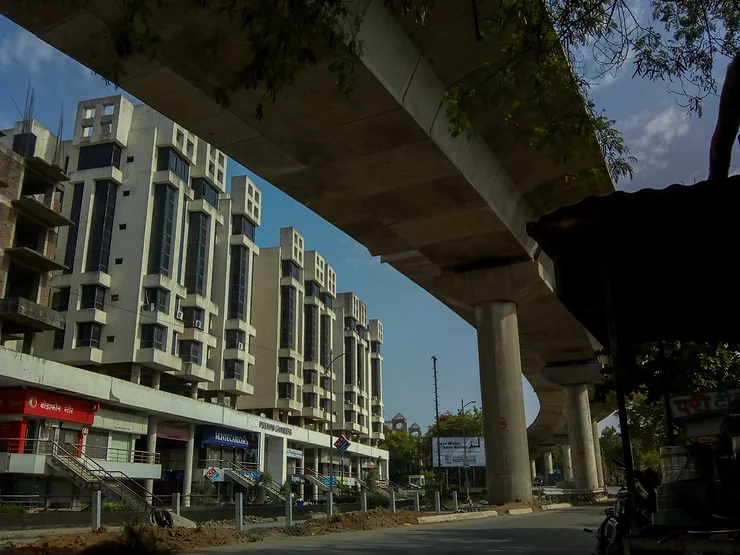
On 5th of August 2021, Nagpur launched a QR-code based waste collection system in the city. This change has been advanced with a mission to door-to-door collection of garbage. QR- code stickers will be glued on to the houses of the citizens and the waste collectors would have to scan the code after collecting the garbage. In case garbage is not collected, the details of the house would reach the control centre of the city.
This system would again provide real time information on whether a household’s garbage has been picked or not making the system more transparent and unequivocal.
In conclusion, Internet of things will make the process of waste collection a lot more efficient than it is today. It would reduce the need for workers and would also make the existing workers more committed to their work. By employing IoT, the government would keep its citizens at the forefront and would truly works towards improving the well-being of the society.

